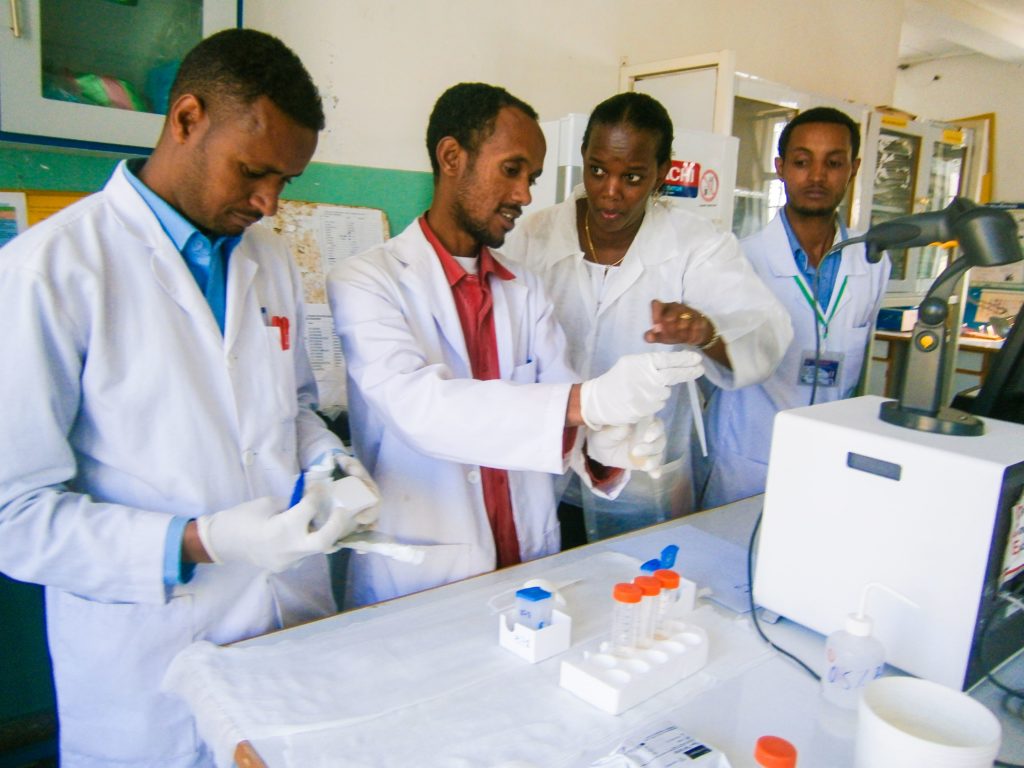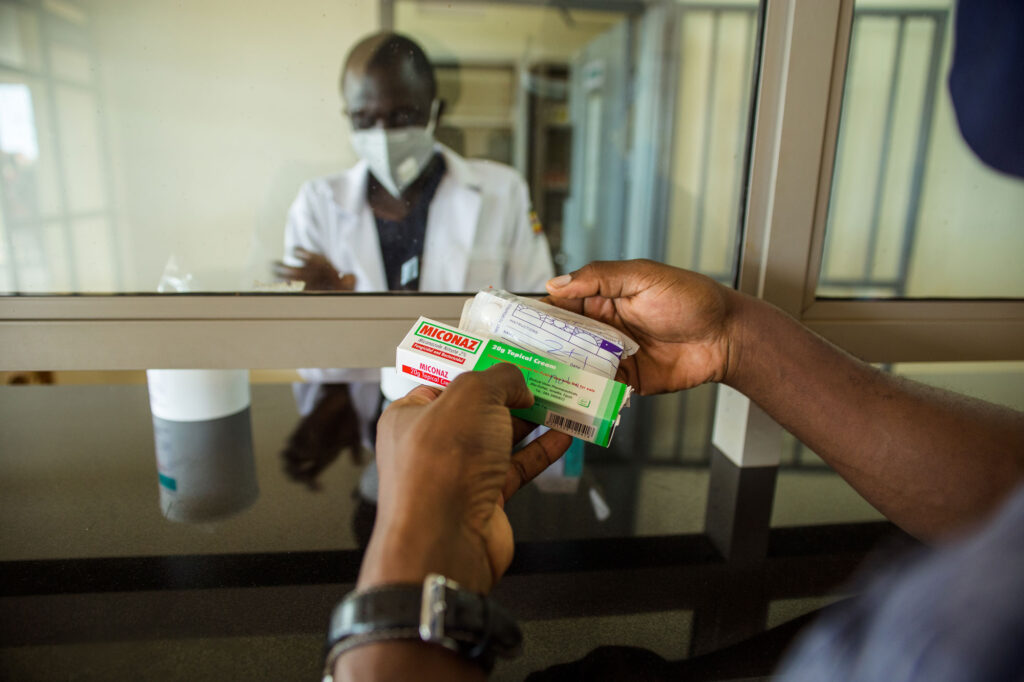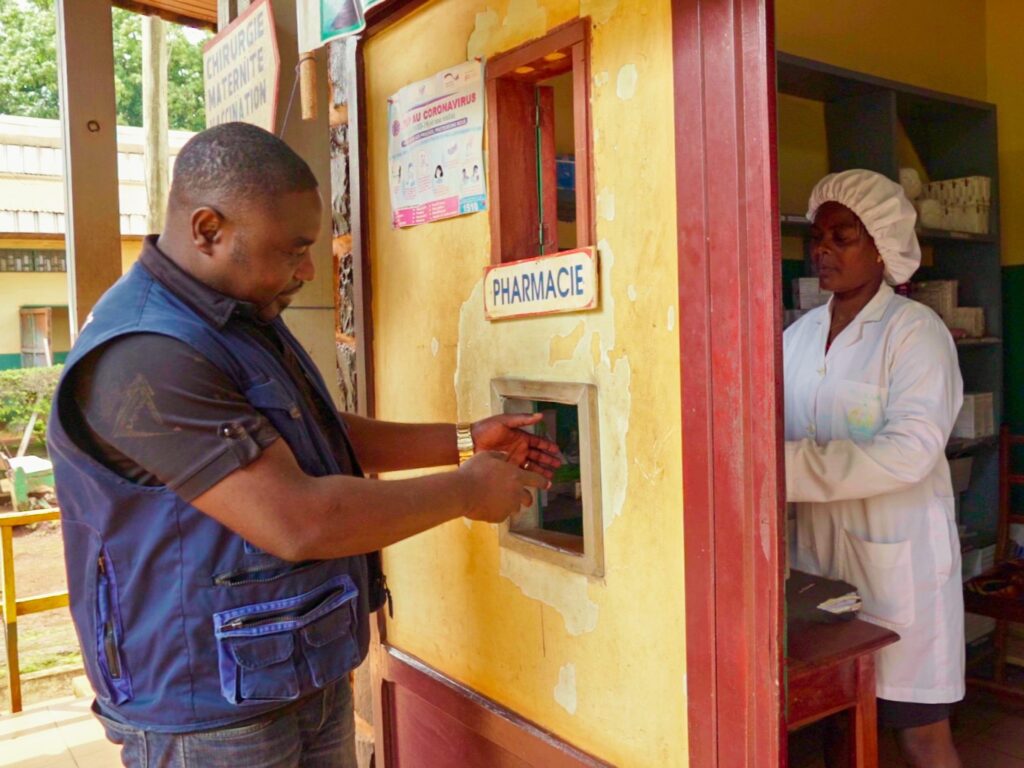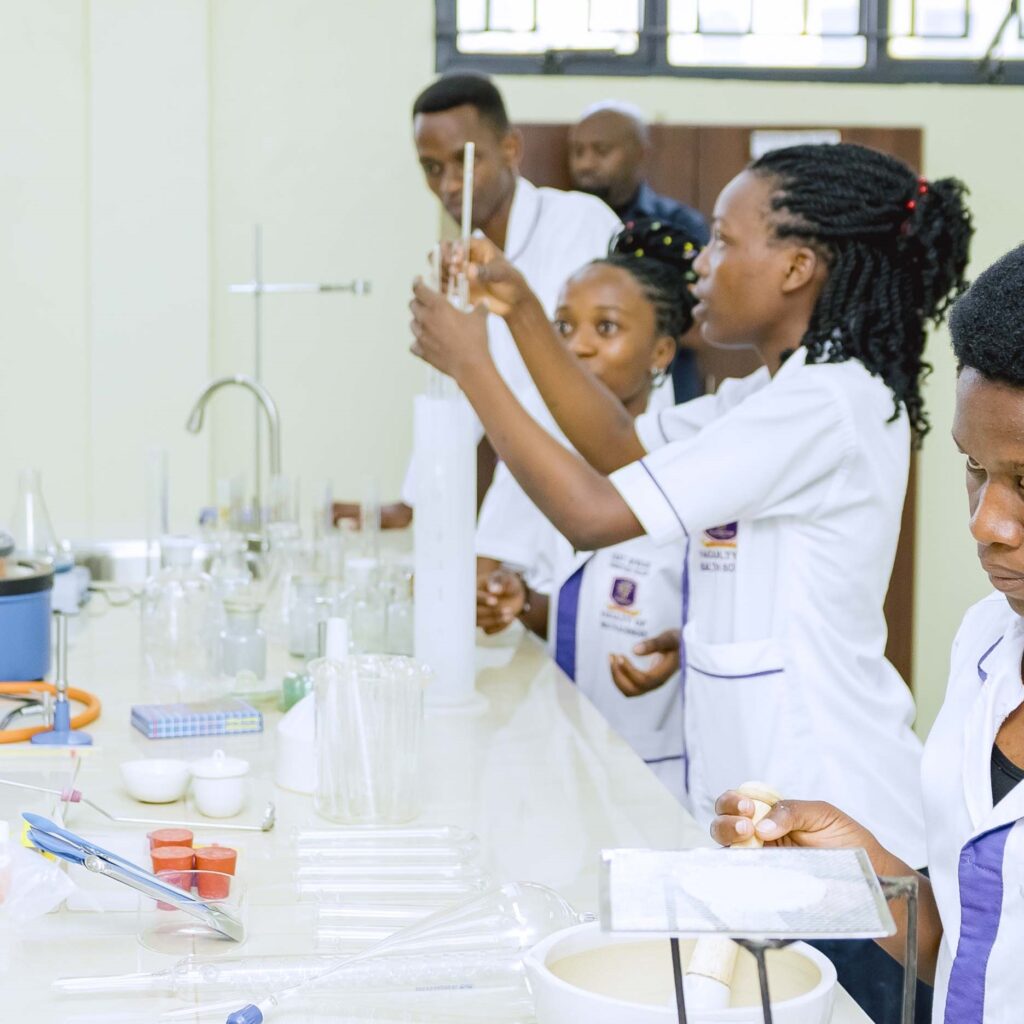Resources
Resources
In partnership with countries around the world, we have developed hundreds of resources to help strengthen the foundations of health systems. Please search our Resources to learn more about our publications, research, programmatic approaches, tools, and learnings.


Strengthening Supply Chain and Pharmaceutical Systems for Sustained Health Impact
For more than three decades, Management Sciences for Health (MSH) has partnered with countries to build high-performing supply chains that ensure reliable access to safe, effective, quality-assured medicines and people-centered pharmaceutical services. MSH takes a holistic approach that fosters country-led innovation, whole-of-society engagement and collaboration, private-sector engagement, and effective leadership and governance. This ensures both reliable, affordable access to and sustainable delivery of medical products when and where they are needed and their appropriate use to save lives and improve health.
Topical
PHC Costing, Analysis, and Planning (PHC-CAP) Tool
Overview The PHC Costing, Analysis, and Planning (PHC-CAP) Tool helps program planners and decision makers increase coverage and improve the quality o…
Assessment of the Impact of Good Pharmacy Practices Training among Drug Dispensers in Bangladesh
Accelerating the End of TB: Field Research from Management Sciences for Health—2008-2022

Medicines Reimbursement Program: Bringing Care Closer to the Patient

Ending HIV as a Public Health Threat through Strong Health Systems
Country Coordinating Mechanism (CCM) Governance Toolkit
Grant oversight is a core governance function aimed at ensuring the effective implementation of Global Fund grants for AIDS, Tuberculosis, and Malaria…

Safe, Affordable, and Effective Medicines for Ukrainians (SAFEMed) Activity – May 2024 Newsletter

Equipping Nurses with the Leadership and Management Accelerator (LMA)
Leadership and Management Accelerator (LMA)
The Leadership and Management Accelerator (LMA) is a cutting-edge, continuous improvement approach to help teams more effectively face challenges, ove…
Developing Nepal’s medicines pricing policy: evidence synthesis and stakeholders’ consultation
The objectives of this paper were to explore stakeholders’ opinions regarding Nepal’s existing medicines pricing practices/situation and build and pre…
Overcoming Barriers in Hospital-Based Health Technology Assessment (HB-HTA): International Expert Panel Consensus
This article investigates the facilitators and barriers to implementing hospital-based health technology assessment (HB-HTA) in hospitals across seven…
Survival Rate and Predictors of Mortality Among TB-HIV Co-Infected Patients During Tuberculosis Treatment at Public Health Facilities in Bahir Dar City, Northwest Ethiopia
Tuberculosis and human immunodeficiency virus (TB-HIV) co-infection pose a major public health concern in developing countries, with insufficient stud…

Safe, Affordable, and Effective Medicines for Ukrainians (SAFEMed) Activity – April 2024 Newsletter
A Collaborative on Contracting Organizations for Health-Related Services: Call for Expressions of Interest
USAID’s Health Systems for TB (HS4TB) Project collaborates with the Joint Learning Network for Universal Health Coverage (JLN) to offer a Collaborativ…




















